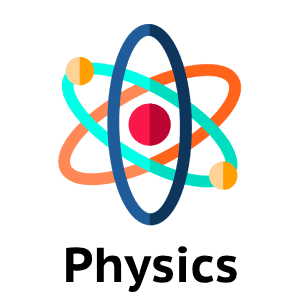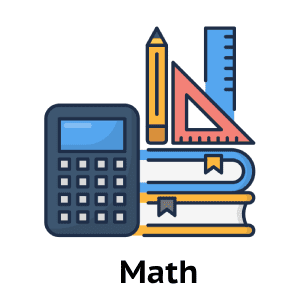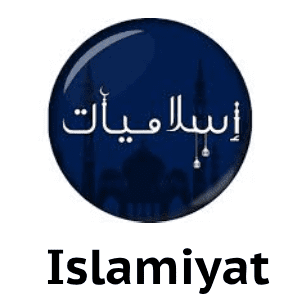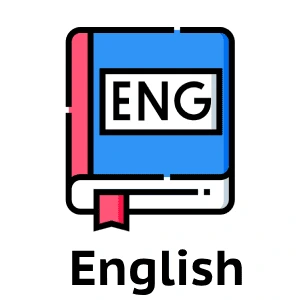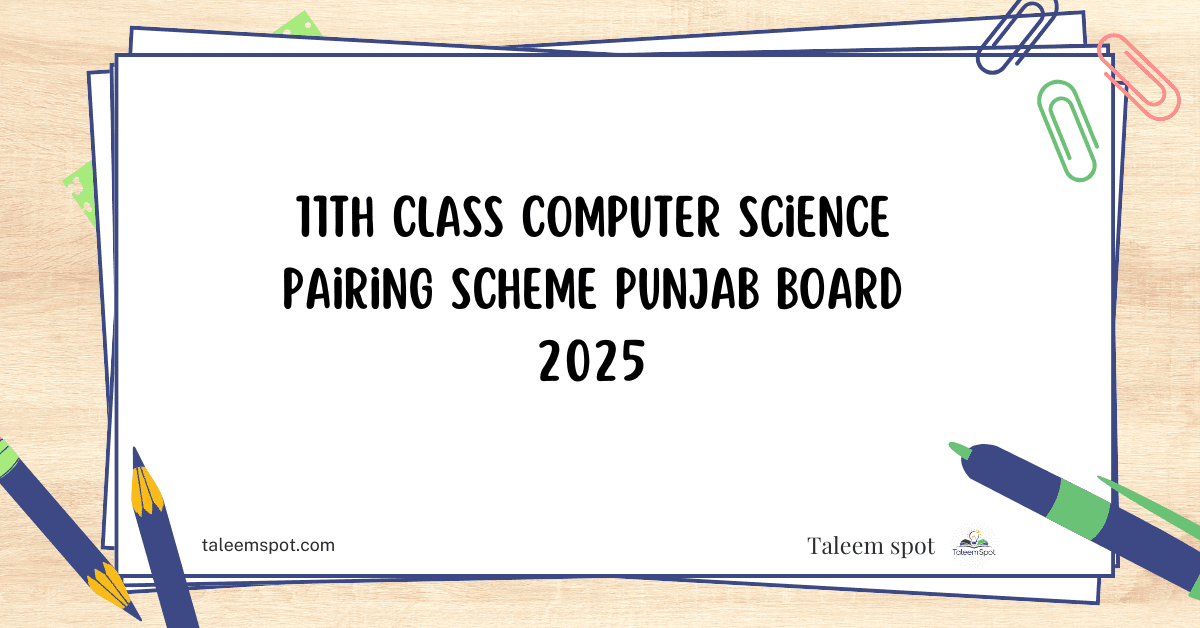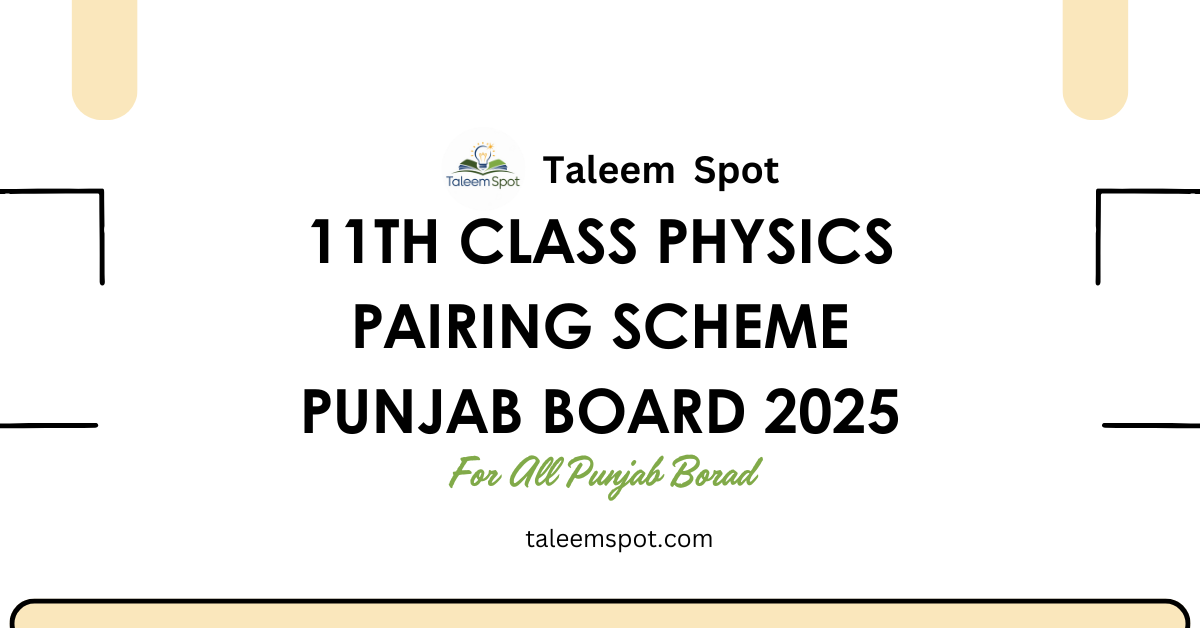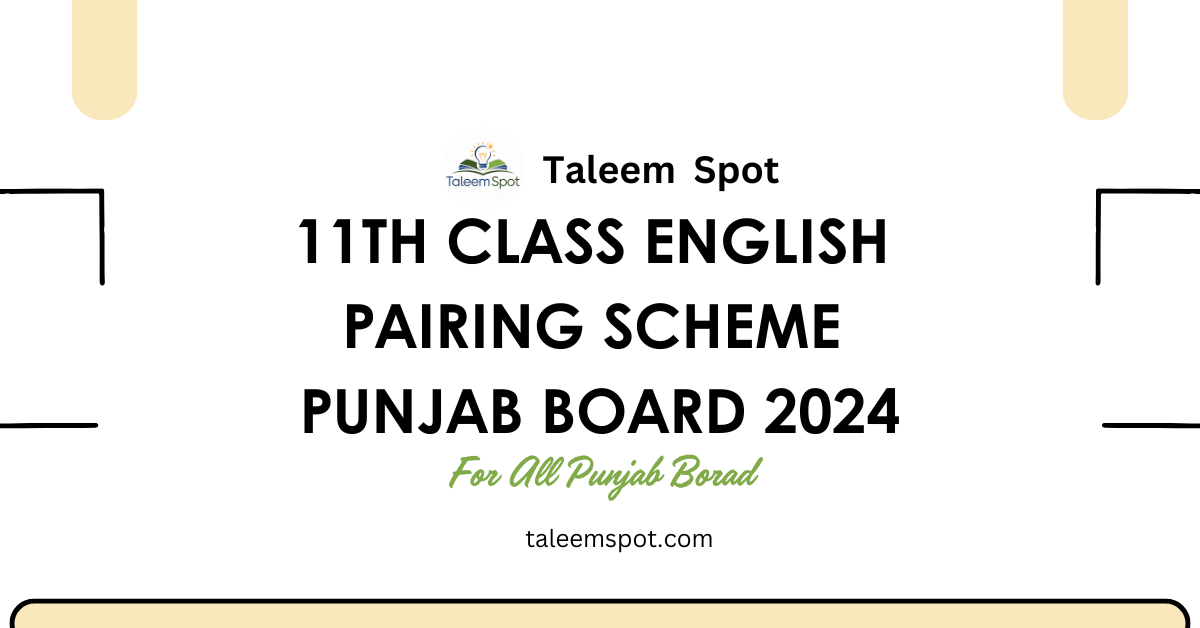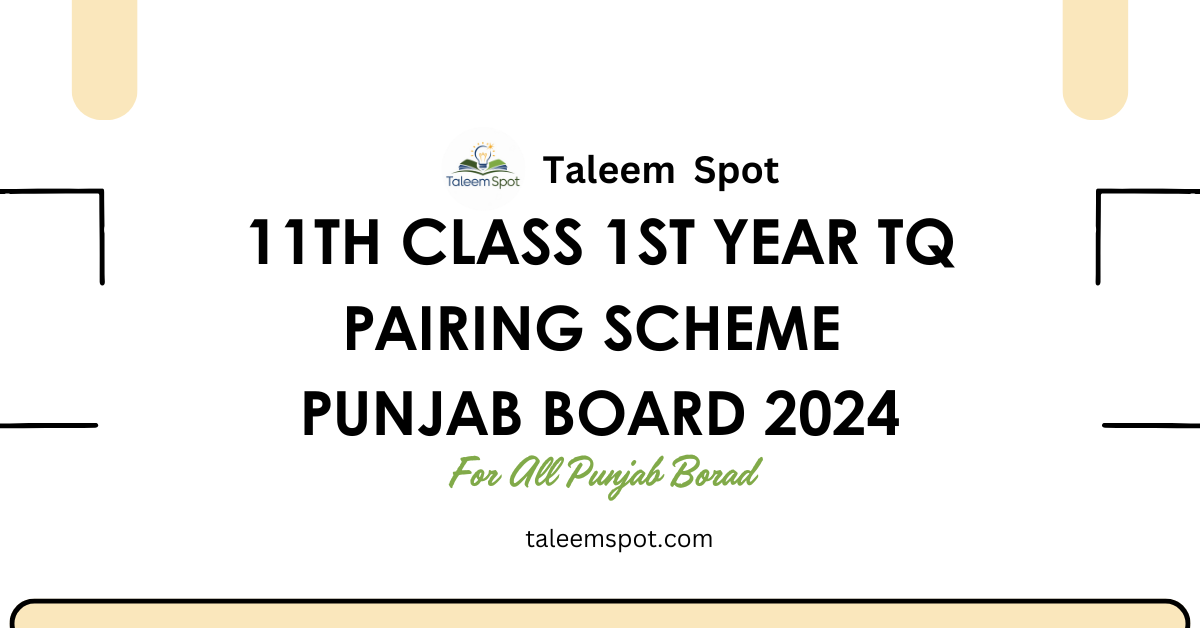11th Class All Subjects Pairing Scheme Punjab Board 2025
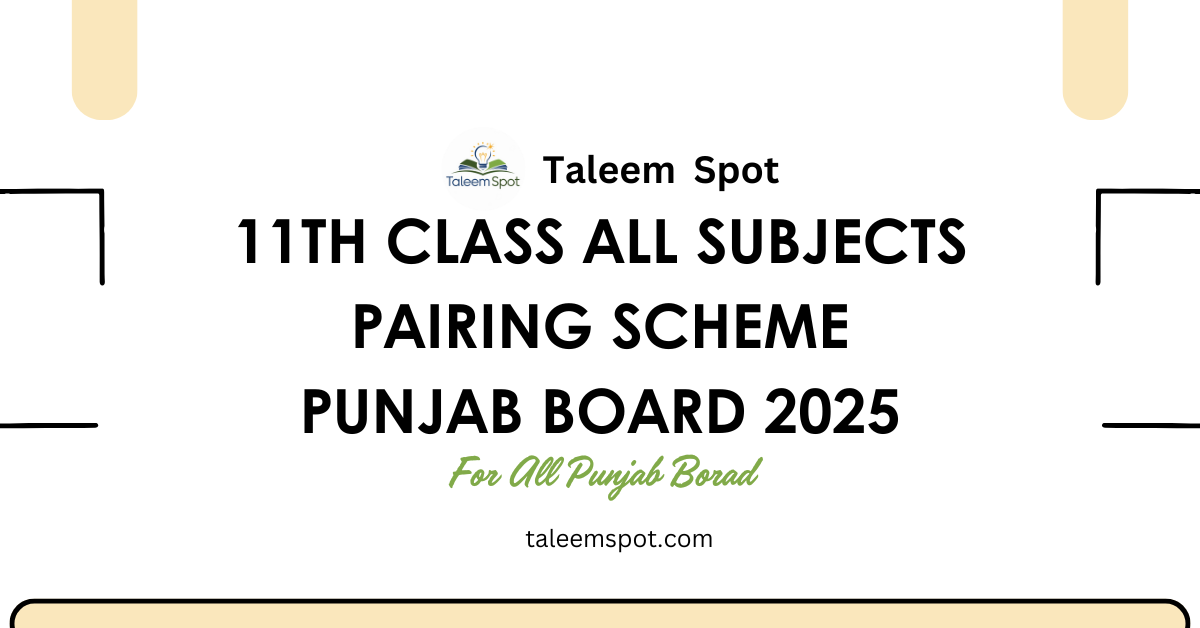
The 11th Class All Subjects Pairing Scheme Punjab Board 2025 is an essential resource for students aiming to excel in their exams. This pairing scheme is designed to provide students with a clear understanding of the paper pattern, question distribution, and important topics across all subjects. Whether you are preparing for exams under the Lahore, Rawalpindi, Multan, Gujranwala, Faisalabad, Bahawalpur, Sahiwal, Sargodha, or Dera Ghazi Khan Boards, this guide simplifies your study process and ensures better outcomes.
The transition from 10th to 11th class introduces students to more conceptual and application-based study. With the help of this pairing scheme, students can strategically plan their preparation, focusing on key areas that carry significant marks.
What Is a Pairing Scheme?
A pairing scheme outlines how different types of questions—such as MCQs, short answers, and long questions—are distributed across the chapters. This resource is particularly beneficial for 11th-class students as it highlights the pairing of long questions, which often contribute significantly to the total marks.
Key Features of the Pairing Scheme
- Chapter-Wise Distribution: Indicates which chapters are paired for long and short questions.
- Exam Pattern Guidance: Provides a clear structure of the paper format.
- Focus on Important Topics: Highlights high-priority topics to maximize marks.
By following the 11th Class All Subjects Pairing Scheme Punjab Board 2025, students can develop a focused and effective study plan.
Benefits of the 11th Class All Subjects Pairing Scheme Punjab Board 2025
1. Simplifies Preparation
The pairing scheme allows students to prioritize chapters and topics based on their importance and frequency in exams. For instance, chapters that consistently appear in long questions can be given extra attention.
2. Boosts Confidence
Knowing the structure of the paper in advance helps reduce anxiety. Students can practice solving questions in the same format as their actual exam, ensuring better confidence during the test.
3. Saves Time
Instead of covering the entire syllabus equally, the pairing scheme helps students focus their efforts on the most critical areas, saving valuable time during preparation.
4. Applicable for All Boards
Whether you belong to the Lahore Board, Rawalpindi Board, Multan Board, or any other Punjab Board, the pairing scheme provides a standardized guide for all regions.
5. Enhances Scoring Potential
Understanding how long questions are paired allows students to prepare these sections thoroughly, increasing their chances of scoring high marks.
How to Use the Pairing Scheme for Effective Preparation
1. Understand the Pairing for Long Questions
In the 11th Class All Subjects Pairing Scheme Punjab Board 2025, long questions are paired from specific chapters. For example, if Chapter 1 is paired with Chapter 5, preparing both chapters ensures you can attempt one of the long questions in the exam.
2. Prioritize High-Weightage Chapters
Focus on chapters that are frequently paired or carry more weight in the exam. This targeted approach ensures better preparation in less time.
3. Practice Short Questions and MCQs
Short questions and MCQs also contribute significantly to the total marks. Use the pairing scheme to identify chapters with high MCQ and short question potential.
4. Allocate Study Time Strategically
Divide your study time based on the pairing scheme. Allocate more time to chapters that appear in both short and long questions.
5. Combine the Pairing Scheme with Past Papers
Use past papers alongside the pairing scheme to understand question trends and develop a better grasp of the exam format.
Subjects Covered in the Pairing Scheme
The 11th Class All Subjects Pairing Scheme Punjab Board 2025 is applicable to all major subjects, including:
- English: Includes essay, comprehension, and grammar pairings.
- Physics: Focuses on numerical problems and conceptual questions.
- Chemistry: Covers the periodic table, reactions, and chemical equations.
- Biology: Highlights diagrams, processes, and long descriptive questions.
- Mathematics: Focuses on algebra, calculus, and trigonometry pairings.
- Computer Science: Emphasizes programming concepts and theoretical questions.
- Urdu: Includes poetry explanations, essays, and translations.
- Islamiyat: Highlights Quranic verses and thematic essays.
Region-Specific Highlights
The pairing scheme caters to students from all Punjab Boards, ensuring uniformity across regions:
- Lahore Board: Focuses on numerical-heavy subjects like Physics and Mathematics.
- Rawalpindi Board: Prioritizes essays and comprehension in English.
- Multan Board: Highlights chemical equations and reactions in Chemistry.
- Gujranwala Board: Emphasizes biology diagrams and programming questions.
- Faisalabad Board: Focuses on mathematical proofs and trigonometric problems.
- Bahawalpur Board: Covers thematic essays and poetry explanations in Urdu.
- Sahiwal Board: Includes computer science coding practices and algorithms.
- Sargodha Board: Highlights Quranic verses and their interpretations in Islamiyat.
- Dera Ghazi Khan Board: Focuses on probability and calculus pairings in Mathematics.
Findings
The 11th Class All Subjects Pairing Scheme Punjab Board 2025 provides a strategic and effective way to prepare for board exams. By understanding the pairing of questions across chapters, students can prioritize their study efforts, focus on critical topics, and boost their confidence.
This resource is invaluable for students from all Punjab Boards, helping them navigate their exams with clarity and precision. When combined with regular practice and revision, the pairing scheme ensures success and excellent marks in all subjects.
FAQs
1. What is a pairing scheme?
A pairing scheme outlines how questions are distributed across chapters, particularly for long and short questions.
2. Is this pairing scheme valid for all Punjab Boards?
Yes, it is applicable for Lahore, Rawalpindi, Multan, Gujranwala, Faisalabad, Bahawalpur, Sahiwal, Sargodha, and Dera Ghazi Khan Boards.
3. How does the pairing scheme help in preparation?
It helps students focus on important chapters, understand question patterns, and manage their study time effectively.
4. Which subjects are covered in the pairing scheme?
All major subjects, including English, Physics, Chemistry, Biology, Mathematics, Computer Science, Urdu, and Islamiyat, are covered.
5. Can the pairing scheme guarantee better marks?
While the pairing scheme is an excellent guide, success also depends on consistent practice and a thorough understanding of the syllabus.
6. Are the pairing schemes different for each board?
No, the pairing scheme is standardized across all Punjab Boards.
7. Where can I find the pairing scheme?
You can find the pairing scheme on educational websites like TaleemSpot.com for free.
8. Does the pairing scheme include MCQs?
Yes, it highlights the distribution of MCQs across chapters for all subjects.
9. How often should I revise using the pairing scheme?
Revise regularly, focusing on paired chapters for long and short questions.
10. Should I use past papers along with the pairing scheme?
Yes, combining the pairing scheme with past papers enhances understanding and exam readiness.


